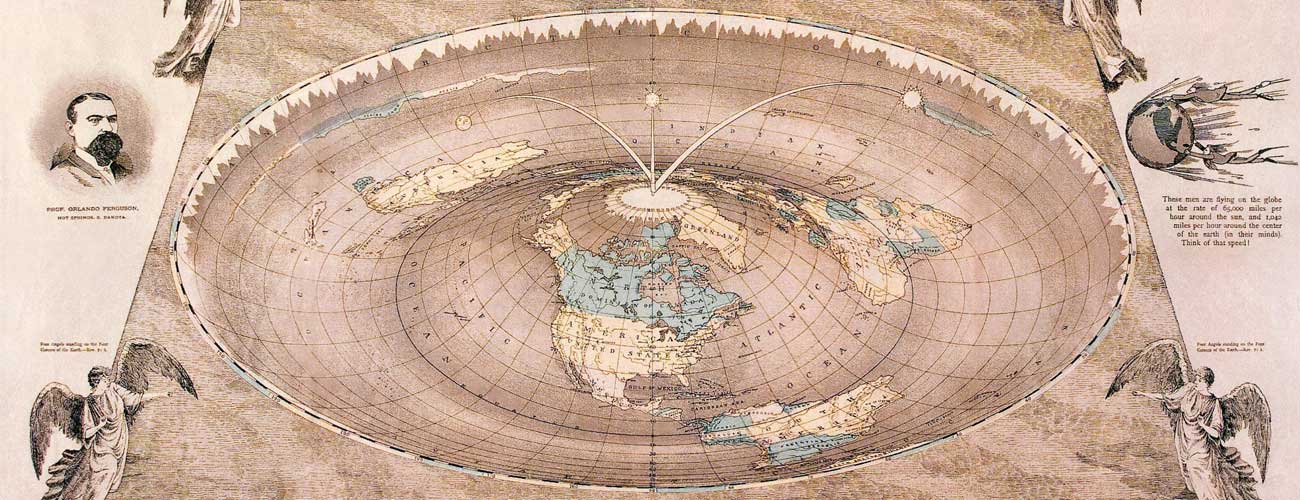Sign up for the daily CJR newsletter.
The press has forever operated on a relatively simple model: Journalists provide information, and readers in turn become more informed. A blissfully naive reader comes across an article on her favorite restaurant’s health code violations, and, armed with her newly acquired knowledge, decides to make dinner at home tonight.
It’s known as the information deficit model, and it’s the basis for not only news articles, but textbooks, scientific reports, and other forms of public education. But what happens when a reader doesn’t trust health inspectors?
Research in communications, sociology, and psychology shows that she’s likely to ignore the story all together. Across different forms of communication, it isn’t enough to simply provide new information. In fact, when that information contradicts someone’s tightly held beliefs, it’s likely to make her dig in even further.
Last year, for example, researchers at Dartmouth found that attempting to provide evidence-based communication on the safety and importance of vaccines often increased the belief that vaccines cause autism. (Bewilderingly, one strategy used in the study reduced belief in the vaccine-autism link while simultaneously reducing parents’ intent to vaccinate.) A 2011 study out of Yale found that having more knowledge about science led to more polarized views around climate change. And in 2010, a study (co-authored by one of the same authors as the vaccine study) found that inserting a paragraph into a news story that refutes a commonly held, but factually incorrect, belief–say, that Iraq had weapons of mass destruction back in the early 2000s–often caused readers to believe it even more, in a depressing example of a phenomenon known as the backfire effect.
So what’s a journalist to do?
The New York Times is betting that debunking can still have some positive effect. As part of an upcoming special digital issue about misconception, the Times’ science desk reached out to its readers on Facebook, looking for beliefs about science that are untrue yet persist in the public sphere as stubbornly as a bad cold. “What misconception frustrates you the most?” the Times editors asked.
Readers answered in droves, often going beyond the headline grabbers that can dominate media debunking cycles–no, Curiosity did not see an alien on Mars; yes, Megalodon is extinct. “The assumption that chemical = bad,” one wrote. “That correlation implies causation,” wrote another. “I would like you to tackle the ‘Food Babe,’ ” a reader requested (figuratively, one hopes). Perhaps echoing frustrated science journalists everywhere, one simply responded, “Too much to list, honestly.”
Science is such a huge thing, and there’s so much within it. Every one of us can’t perfectly understand every aspect of it.
Addressing such questions could further polarize some readers, a risk digital deputy editor Heather Murphy is aware of. But she’s banking on the decades of expertise of the Times reporters, as well as the paper’s longstanding reputation as a credible source of information, in order to reach readers across the Web in a way that will be both approachable and useful.
“I think the way that we’re interested in framing it is not to critique people,” Murphy says. “Science is such a huge thing, and there’s so much within it. Every one of us can’t perfectly understand every aspect of it.”
That strategy has proven to work in at least one real-world application, in a place where one of the most divisive science issues of our day, climate change, is literally crashing into science deniers. In southeast Florida, rising sea levels threaten to wash away homes and businesses, while the state’s leaders refuse to even talk about the problem.
So that’s where Dan Kahan, a researcher with Yale’s Center for Climate Change Communication, focused his energies to see if there was a better way to talk climate. He worked with residents and leaders of four counties to put together the Southeast Florida Regional Climate Change Compact to address the very real issues climate change is bringing to their shores. They succeeded by avoiding the political debate and instead meeting people where they already stood in their beliefs, Kahan wrote in a blog entry.
“[F]ar from evoking the toxic aura of tribal contempt that pervades ‘messaging’ campaigns (‘what? are you stupid? What part of “97% AGREE!” don’t you understand?!’),” Kahan wrote, “Compact officials aggressively, instinctively repel it whenever it threatens to contaminate the region’s deliberations.” Instead, they focused on using science to address actual problems that are facing Floridians today: water supplies, extreme weather, eroding coastlines.
Not every science denier lives in a place where his home is about to be washed away. But Kahan’s research shows that it’s possible to give people the information they need without pushing them into a protective ideological corner. “The concept is not to mock people or deride people or put people on the defensive,” Murphy says of the Times’ efforts. “It’s just to say, ‘Here we are to give you good information.’ ”
Has America ever needed a media defender more than now? Help us by joining CJR today.







